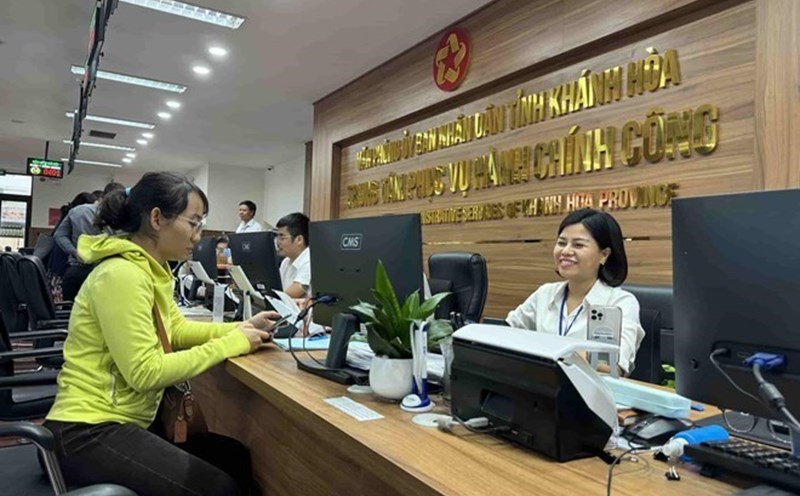Enterprises turn to keep the market
Mr. Phung Quoc Man - Chairman of the Ho Chi Minh City Wood Art and Processing Association (HAWA) said that the initial reaction of the wood industry to the US counterpart tax was a sharp decrease in orders. However, businesses have quickly adapted by taking advantage of the tax deferral period to deliver goods.
Since the tax officially took effect, to maintain the supply chain, the tax burden has been shared between manufacturers, importers and the retail system. Thanks to that, in the first 7 months of the year, Vietnam's wooden furniture exports still increased by 7.6%, while the US market increased by 11.6%, showing the industry's resilience quite well.
In the long term, Mr. Man said that businesses are focusing on diversifying the market, increasing management capacity and reducing costs. In particular, to avoid "putting eggs in a basket", many units will expand their export product portfolio. For example, in addition to wood chips and tablets, in Japan, businesses will introduce other products; Korea will not only stop at industrial boarding; the European market will have many new types in addition to outdoor products.
Not only the wood industry, but also the group of mechanical and electrical enterprises are being affected by US counterpart taxes. Mr. Do Phuoc Tong - Chairman of the Ho Chi Minh City Mechanical - Electrical Enterprise Association said that the most obvious segment affected is production orders according to the specific requirements of US enterprises.
Previously, many US partners ordered Vietnamese enterprises to produce specialized products with low value but that needed to be designed and manufactured separately. Once completed, the goods are usually transported to the US by air instead of ships to meet the schedule. However, since the high tax rate has been imposed, US businesses have shifted direction, deciding to self-produc in their own country instead of continuing to order from Vietnam.
Towards green transformation and digitalization
From a broader perspective, Mr. Nguyen Ngoc Hoa - Chairman of the Ho Chi Minh City Business Association emphasized that exports contribute significantly to Vietnam's GDP, in which the US accounts for a large proportion of many goods. Therefore, the US imposition of countervailing taxes directly affects orders, production and business activities and employment of workers.
According to Mr. Hoa, the biggest challenge for Vietnamese enterprises is to increase the rate of product localization. This not only helps avoid the risk of being considered a transit, a counterpart tax target, but also creates more jobs in the country. He said that each enterprise needs to build its own solutions and strategies to adapt, while strengthening linkages and effectively exploiting key markets to maintain growth.
Economic expert Can Van Luc also made many recommendations. According to him, in the context of difficulties, businesses should make good use of support policies on taxes, fees, and interest rates; promote the application of information technology to reduce costs, streamline processes and apparatus.
He especially emphasized the trend of "dual transformation" including greening and digitalization. Businesses need to focus on data, artificial intelligence (AI), cybersecurity and digital human resources; at the same time, build a consistent digital transformation, green transformation and ESG strategy.
Enterprises must improve competitiveness and internal resources, from human resources, technology, management to products and services. In addition, it is necessary to manage financial, exchange rate and legal risks well; increase transparency in the origin of goods; comply with green standards and environmental requirements, Mr. Can Van Luc emphasized.
Enterprises need to review and adjust the supply chain; increase the ability to be independent of raw materials and accessories; expand the exploitation of the domestic market; participate more deeply in the global value chain to improve resilience to fluctuations.










